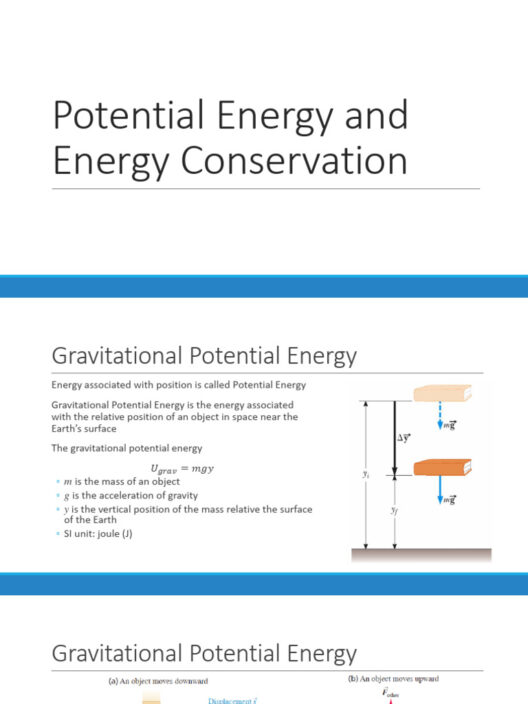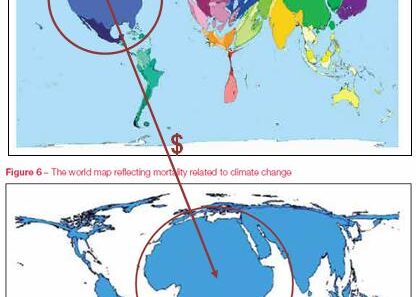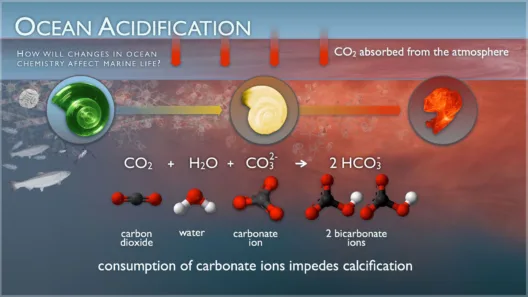The discourse surrounding global warming has evolved over the past few decades from a relatively niche concern into a paramount global challenge that demands immediate action. Despite the overwhelming scientific consensus on climate change, the question remains: Are we making tangible progress, or are we merely engaging in rhetoric without substantial action? This analysis delves into various dimensions of this critical concern.
To assess progress in combating global warming, we must first understand the trajectory of greenhouse gas emissions over the past century. Industrialization has been a double-edged sword; while it has bolstered economies and greatly improved standards of living, it has simultaneously accelerated atmospheric carbon dioxide levels to unprecedented heights. The numerical data underscores a disheartening truth: emissions continue to rise annually, notwithstanding international agreements and climate summits aimed at curtailing this trend. This stark reality prompts an inquiry into the efficacy of policy measures enacted thus far.
Global initiatives like the Paris Agreement in 2015 heralded a momentous commitment from nearly 200 nations to limit global warming to well below 2°C above pre-industrial levels. The ambition reflected a collective acknowledgment of climate change’s existential threat. However, as the years progress, a cursory examination of countries’ commitments and subsequent actions indicates a rather disconcerting divergence between aspirations and realities. Many nations have either failed to meet their emissions targets or have postponed their commitments—a phenomenon often described as “climate hypocrisy.” While lofty promises are made on global platforms, the implementations tend to lag significantly, revealing a profound disconnect.
In tandem with international agreements, local and regional efforts have emerged, often leading to innovative solutions that resonate within communities. Cities across the globe are spearheading initiatives focused on renewable energy sources, urban planning for sustainability, and waste reduction strategies. For instance, the proliferation of electric vehicles (EVs) is not merely a trend; it is a critical measure that has the potential to displace fossil fuel dependency significantly. The rise in EV adoption reflects an encouraging shift towards cleaner transportation methodologies. However, the infrastructure to support such advancements—charging stations, battery disposal systems, and public awareness campaigns—remains in nascent stages in many regions. This emphasizes a critical aspect of progress: it is not enough to advocate for advancements; one must also ensure that the requisite frameworks are in place to support them.
The significance of technological innovation cannot be overstated. From carbon capture and storage (CCS) to advancements in solar panel efficiency, the arsenal of technologies at our disposal is expanding. Breakthroughs in renewable energy technology offer promising pathways to reduce our carbon footprint. Solar and wind energy have witnessed substantial growth, driving down costs and facilitating broader accessibility. Nonetheless, reliance on technology alone is insufficient; behavioral change is imperative. Public engagement and education play crucial roles in fostering a culture that prioritizes sustainability over convenience.
The societal response to climate change must encompass a broad spectrum of stakeholders—governments, businesses, and individual citizens alike. Corporate accountability in this context is particularly critical. The recent rise of Environmental, Social, and Governance (ESG) criteria reflects a growing recognition among investors of the importance of sustainable practices. Companies are increasingly held to higher standards concerning their environmental impact, as consumers demand transparency and ethical responsibility. Despite this, numerous corporations still prioritize short-term gain over long-term sustainability. This has led to “greenwashing,” a term denoting marketing tactics that brand companies as environmentally friendly without substantive action supporting those claims.
Furthermore, the psychological dimensions of climate advocacy also warrant consideration. The inundation of alarming statistics and forecasts can lead to a phenomenon known as climate anxiety, wherein individuals feel overwhelmed by the scope of the issue. It becomes critical, therefore, to balance realism with optimism. Highlighting success stories, such as countries that have drastically reduced their emissions or organizations undertaking impactful sustainability projects, can motivate individuals towards action rather than despair. Positive narratives can catalyze more extensive movements, creating a ripple effect in community engagement.
It is also essential to scrutinize the role of education in shaping a proactive approach to climate change. Educational institutions can foster awareness and instill a sense of responsibility in the younger generations. By incorporating climate science into curricula and encouraging students to engage in local environmental initiatives, schools can develop a populace that is informed and motivated. The future of our planet hinges upon the actions of today’s youth, making education a cornerstone of sustainable development.
Despite the alarming trajectory of climate change, the potential for progress is not entirely overshadowed by despair. Local grassroots movements, innovations in technology, and evolving corporate accountability create a framework for meaningful change. However, to transition from dialogue to action necessitates genuine commitment across all sectors of society. The imperative is clear: collective engagement must transform into concrete actions that transcend mere discussions. Progress should not merely be measured in pledges made but rather in the tangible outcomes that they yield.
In conclusion, while the conversation around global warming is undeniably robust, it demands a critical examination of the actual progress being made. Are we merely talking, or are we initiating a transformative journey towards sustainability? The answer lies not in the narratives spun but in the actions realized. Moving forward, society must navigate beyond mere conversations, fostering a collective resolve to secure a habitable future for generations to come.







